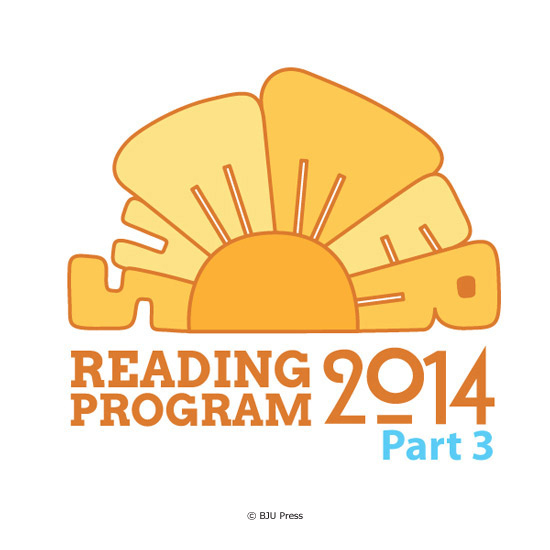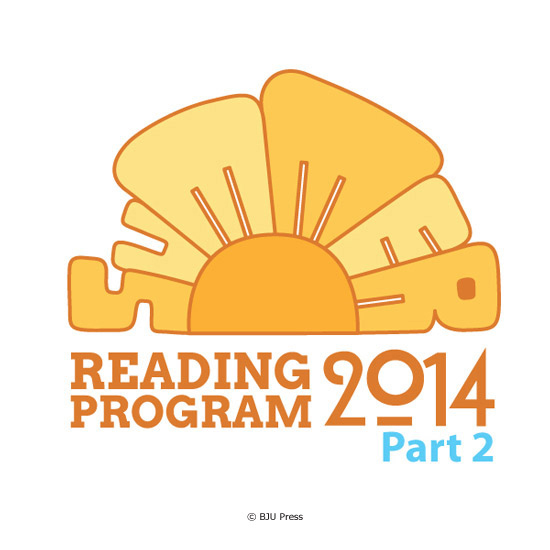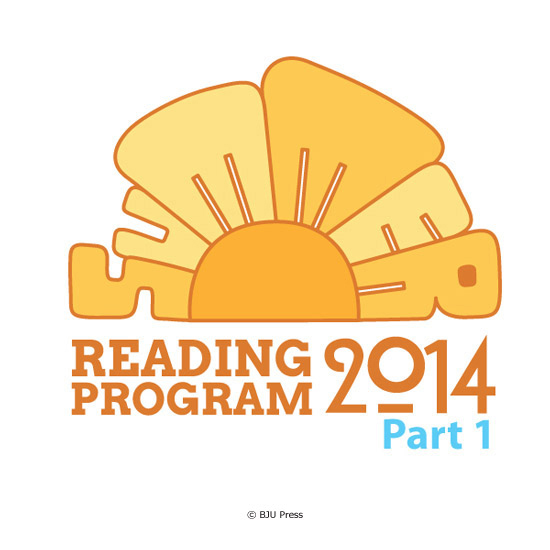The wolves howl hungrily in the Big Woods, but inside the little log cabin a cozy fire projects the lively shadows of Pa’s fiddle playing while Mary and Laura sing along. Scenes like this one from the Little House series are still etched in my mind. My mother read each of the Little House books to us children, and I recently began reading them with my daughter.
This beloved series captures the essence of pioneer life. We experience the nineteenth-century American frontier with the Ingalls family on long journeys plodding across the prairie in a covered wagon, through relentless Dakota blizzards that nearly brought a town to starvation, and against harsh farming realities such as grasshopper plagues and hailstorms. We learn perseverance, discipline, family harmony, and courage.
Yet as I’m reading through this series as an adult, I’ve noticed a big omission in the Little House series. We take for granted that Little House is a wholesome Christian series. After all, the Ingalls family prays, goes to church, and lives morally. However, the Christianity portrayed in the Little House series is merely cultural, from dull Sabbath-keeping and moral judgments to religious platitudes, such as “The Lord helps them that help themselves.”
The gospel is conspicuously absent from the Little House series and so the shell of Christianity that remains implies a works righteousness that cannot save.
So as I read the Little House series with my children, I want to point out the instances of cultural Christianity and contrast it with biblical truth. This may help them recognize cultural Christianity today, such as when we hear politicians say “God bless America” with never a mention of Christ or our need for repentance, or when we interact with that likable neighbor who believes his moral life and good deeds and occasional church attendance earn him a title deed to heaven. As we enjoy the story of American frontier life, here are some discussion questions you can use to help children distinguish between the shell of religion and real life in Christ.
Naughty Cousin Charley
In Little House in the Big Woods (210–11), Laura was astonished at how Charley disobeyed and distracted his father. She couldn’t imagine being so naughty, and she thought he got what he deserved in being stung by the yellow jackets.
Discussion Questions
- Do you think you are better than Charley (Luke 5:32)?
- When we compare ourselves with other people, we often think we’re relatively good and that God will accept us into heaven. But what does the Bible teach us about comparison and our true state before God (2 Corinthians 10:12; Isaiah 64:6; Romans 3:10–24)?
Clichés
The Little House series is full of practical proverbs and optimistic sayings, such as “All’s well that ends well” and “Where there’s a will, there’s a way.” In Farmer Boy (146), Mother is frightened at the possibility of being robbed, but Father reminds her, “The Lord will take care of us.” She responds, “The Lord helps them that help themselves.”
Discussion Questions
- Is “The Lord helps them that help themselves” a biblical proverb?
- When it comes to salvation, is this proverb applicable (Romans 5:6-11; Ephesians 2:8-9)?
Getting Even with Snooty Nellie Olsen
In On the Banks of Plum Creek (168–76), Laura shows the normal human response of loving her friends and hating her enemies, seeking to get even with haughty Nellie Olsen by chasing her into the muddy creek area infested with bloodsucking leeches. Laura’s friend thought Nellie got what she deserved, and “deep down inside her Laura felt satisfied when she thought of Nellie dancing on the creek bank” (176).
Discussion Questions
- How does Jesus say we should respond to our enemies (Matthew 5:43–48)?
- What did Jesus do for those who were God’s enemies (Colossians 1:21–22)?
Ma and the Indians
Several times in the Little House series, the Ingalls family encounters Indians, much to Ma’s displeasure. In By the Shores of Silver Lake (82), she declares, “I always heard you can’t trust a half-breed.” The author observes, “Ma did not like Indians; she did not like even half-Indians.”
Discussion Questions
- What are some reasons why Ma disliked Indians? Are there any people groups that you naturally fear or dislike?
- Are there really different races of people or only one human race descended from Adam and Eve (Acts 17:26)?
- How does faith in Christ break down ethnic barriers and give us a love for enemies (John 3:16; Colossians 3:11; Revelation 5:9)?
- Contrast Ma’s attitude with the love and sacrifice of David Brainerd, who sought to bring the gospel to the Indians.
Stay tuned for Part 2 with more discussion questions to help us see the Little House series through a biblical worldview and gospel lens.
Works Cited
Laura Ingalls Wilder. Little House in the Big Woods. New York: Harper & Row, 1971.
———. Farmer Boy. New York: Harper & Row, 1971.
———. On the Banks of Plum Creek. New York: Harper & Row, 1971.
———. By the Shores of Silver Lake. New York: Harper & Row, 1971.


